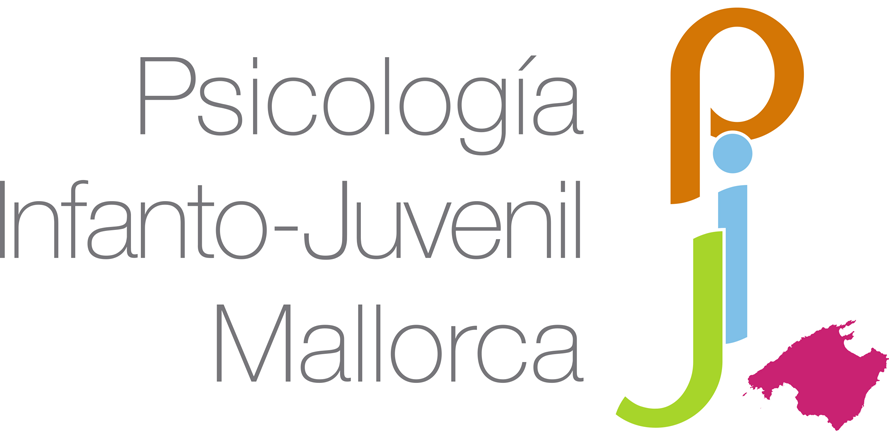
What are Eating Disorders?
Eating Disorders (EDs) are serious disturbances in the relationship with food, body, and weight, affecting both physical and emotional levels. They can appear at any stage of life: childhood, adolescence, adulthood, and old age. These disorders are not a matter of willpower or a passing phase; they involve deep psychological distress and are often related to low self-esteem, the need for control, or social pressure. Among the most common are anorexia nervosa, bulimia nervosa, and binge eating disorder.
In childhood, EDs may not always present themselves overtly. Sometimes, subtle changes are observed, such as rejecting certain foods, eating alone or with anxiety, avoiding social situations related to food, or showing excessive concern about their body or performance. Rigid behaviors, perfectionism, or the constant need to control what they eat and when they move may also appear.
These behaviors do not arise by chance; they are often linked to emotional factors like low self-esteem, fear of rejection, social pressure, or the desire to feel accepted and secure. During summer, when routines are lost, these factors can intensify if not properly addressed.
How do summer holidays affect EDs?
Summer holidays can be a significant challenge for children with Eating Disorders (EDs) and their families. Although it is a break from routine and school, it can create substantial emotional and behavioral impact in these cases.
During the school year, children have a certain degree of structure, containment, and entertainment, but during holidays, that organization disappears; there’s more free time, less supervision, irregular meal and sleep schedules, and generally, changes in family habits. All of this can increase anxiety, obsessive thoughts related to body image, and problematic eating behaviors.
Similarly, the social environment changes: activities move to pools or beaches with lighter clothing, so comments about the body and exposure to physical comparisons can be especially sensitive for minors. These factors can accentuate feelings of insecurity, guilt, or the need for control, reinforcing behaviors of restriction, bingeing, or food avoidance.
An important factor to consider is the increase in body worship and aesthetic pressure that intensifies in summer. Social media, advertising, and social messages are filled with content promoting “ideal” bodies, bikini operations, and quick diets. Even within the family environment, it is common to hear conversations about “taking care of oneself,” “compensating for excesses,” or “eating light,” which can have a significant impact on a vulnerable child.
This entire context can reinforce restrictive behaviors, bingeing, food avoidance, or excessive concern about exercise. Therefore, it is crucial for families to be attentive, create safe environments, and promote a healthy relationship with the body and food during this stage.
Tips for coping with summer if you suffer from an Eating Disorder:
- Maintain a Structured Routine.
Even during holidays, keeping a certain regularity in meal, sleep, and activity schedules helps reduce anxiety. People with EDs, especially children, feed off of chaos. Therefore, predictability can provide emotional security. - Promote a Healthy Relationship with Food.
The relationship and perception a child has about food are very important, so we should avoid labeling foods as “good” or “bad”; instead, talk about eating as a way to care for the body, obtain energy, and enjoy the holidays. At the same time, allow some flexibility without falling into restriction or chaos. Eating together in a calm environment can also be a moment of family connection. - Avoid Comments About the Body.
Phrases like “you’ve lost weight” or “you’ve grown a lot” may seem innocent but have a significant impact. Instead, reinforce their qualities: empathy, creativity, bravery, joy. - Encourage Pleasurable Activities Not Focused on Body Image.
It has a very positive impact to encourage hobbies, games, non-competitive sports, creative activities… As they help disconnect from the central focus, which is the body, connect with enjoyment, and improve self-esteem. This holiday period is a great opportunity to cultivate activities that nourish their emotional and personal world. - Listen and Validate Their Emotions.
Children with EDs often use these behaviors as a way to express their discomfort. Offering a space where they can say how they feel without feeling judged or pressured is a very powerful tool for family support. - Seek Specialized Professional Support.
Summer can be a good time to start a therapeutic process without the pressure of the school year. If you notice any warning signs in your child, such as avoiding meals, discomfort eating in public, obsession with the body, or sudden mood changes, don’t hesitate to ask for help. And if you’ve recently received a diagnosis and are unsure where to start, this article on How to face a Psychological Diagnosis in a Child may help, especially for families going through that initial impact.
Can symptoms worsen after summer?
Yes, it is possible that after summer, the symptoms of an Eating Disorder (ED) in children may worsen or even reappear if they were already in a recovery process. As mentioned earlier, the change in routine can have a significant emotional impact.
Everything that this period of chaos entails can increase anxiety, the need for control, and compensatory behaviors associated with EDs. Even when everything seems to be “fine,” discomfort can be silently present.
Upon returning to the school environment, all this accumulated discomfort can manifest more intensely: increased irritability, sudden changes in eating, refusal to participate in social or sports activities, or on the contrary, excessive concern about the body and performance.
Therefore, it is essential to pay attention to these changes and not assume that the absence of visible symptoms is a sign of recovery. Preventing relapses is part of treatment and therapeutic support.
Summer can also be a time of well-being
Summer doesn’t have to be a threat to children with eating disorders. If approached with planning, family support, and emotional care, it can become just the opposite: an opportunity to advance in recovery, strengthen bonds, and discover new ways to enjoy.
Maintaining healthy routines, creating a judgment-free environment, encouraging activities that connect them with enjoyment, and above all, offering emotional and professional support are key to making summer a safe period.
From our team, we remind you that, with the right support, it is possible not only to prevent relapses but also to build a healthier relationship with food, the body, and oneself. Because with support, summer can also be a time of freedom, enjoyment, and well-being for them.
Additionally, we know how important it is to feel understood during this process. Therefore, we encourage families to maintain open communication with professionals: asking questions, expressing doubts, and understanding each step of the treatment is a fundamental part of the journey. In our office, we will be happy to guide you and offer the support your child needs. Don’t hesitate to contact our team of Child Psychologists.
Marta Costoya Muñiz
General Health Psychologist
Registration number: B-03923






